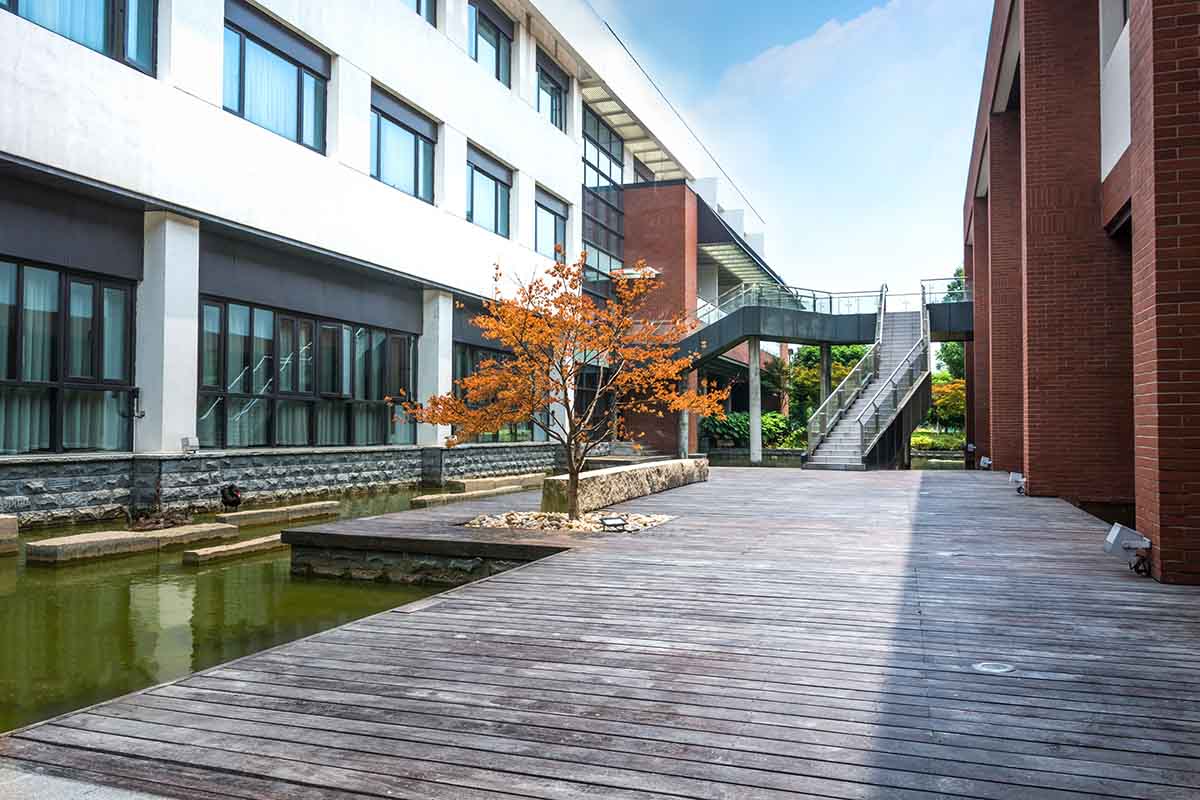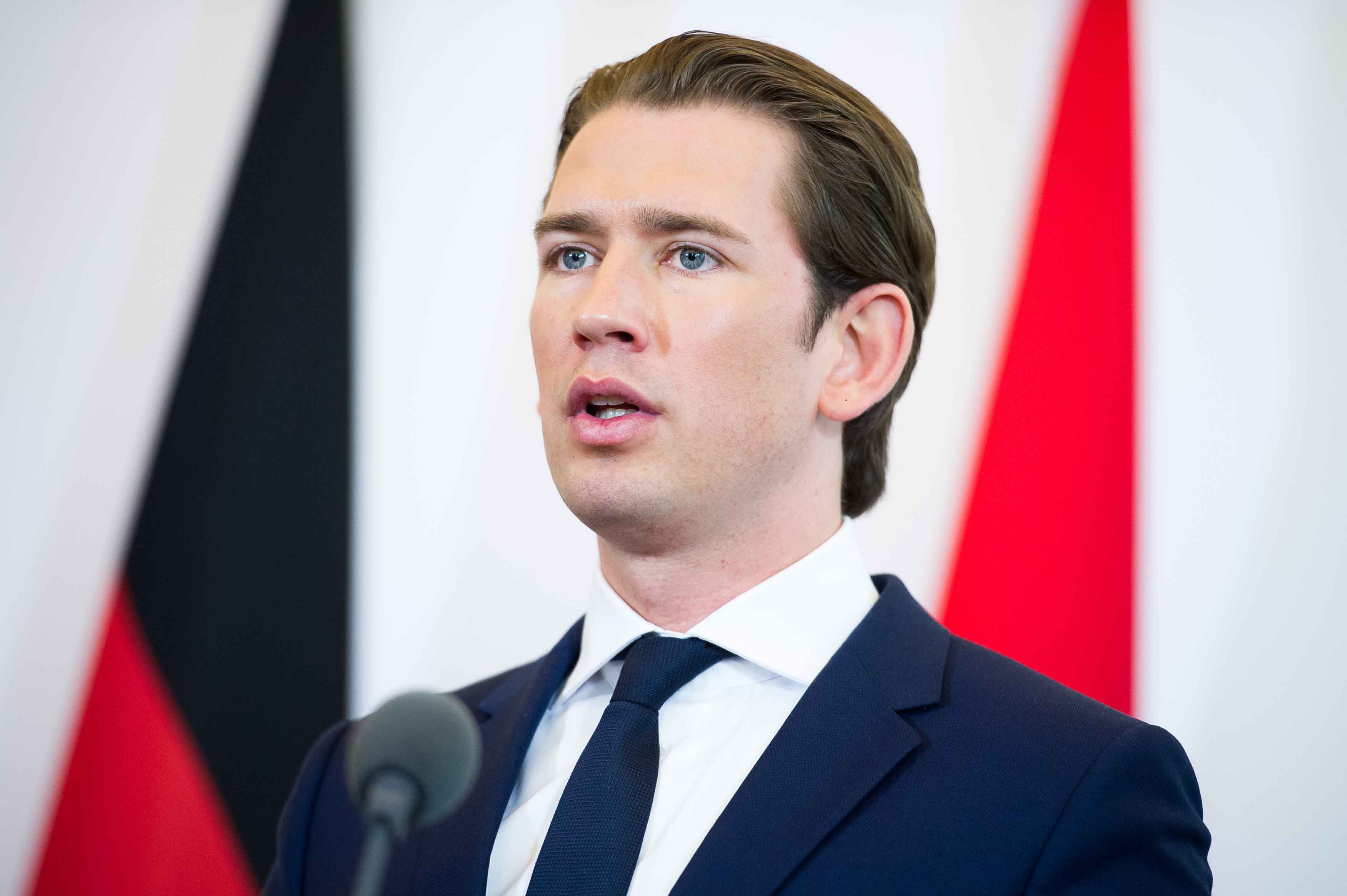The Functions of a Facility Manager
All organizations rely on a combination of functions and services to meet all their objectives. Facilities management is responsible for ensuring that this assistance is offered in the best possible form and at a reasonable cost. This component of a company’s operations is frequently given the highest emphasis.
That said, there may be many questions that may pop up in your head, here we will explain more about the duties of a facility manager so that you understand why it is important for any organization to have one.
What is facilities management?
Well, facilities management can be described as a multidisciplinary field that aims to provide comfort, functionality, efficiency, and safety in a pre-existing setting. Infrastructure, buildings and grounds, and real estate are all examples of these contexts.
What do facility managers Do?
A facility manager is a person in charge of managing the facilities of a business. He or she may go by other names and titles and may come from various backgrounds and career trajectories. A facilities manager’s principal task is to ensure that an environment’s systems work in harmony with one another. Their position is critical because they prioritize the core and areas where people work and spend most of their time in terms of safety, comfort, sustainability, and productivity.
In other words, to make this very easy to comprehend, facility managers are in charge of making sure that the buildings and the services provided within them suit the needs of everyone who works there. These facility managers make sure that the workplace or workspace has a perfect environment for all workers; they look into security, cleaning, and parking. They see to it that the surrounding environment is suitable for people to work in.
Why is a facility manager so important?
Facility managers are responsible for ensuring that the buildings and the services supplied within them meet the needs of all employees. Facility managers are responsible for security, cleaning, parking, and ensuring that the surrounding environment is safe for employees to work in. This is crucial for the success of any business because a safe and clean working environment means happy employees who will work effectively.
Duties and functions of a facility manager
The tasks of a facility manager may vary depending on the business, but they are primarily responsible for managing facilities such as buildings, which includes restorations, refurbishments, and office relocation. As a result, the function might also entail mail distribution, bookkeeping, and office upkeep.
So every facility manager must be efficient in these aptitudes: real estate, sustainably, human factors and occupancy, maintenance and operations, communication, risk management, quality and performance, strategy and leadership, business and finance, project management, and technology management and facility information. There are a lot of things that a facility manager will be required to be competent at, and that comes with duties and responsibilities such as:
Maintenance of buildings
A facility manager’s primary responsibility is to ensure that buildings are kept in good repair and meet all safety and health regulations and legal obligations. This includes overseeing cleaning, catering, garbage disposal, parking, and security while also keeping track of payments and budgets.
Hygiene services are also included in this category, ensuring that the workplace has an excellent hygienic service that ensures the company provides a safe environment for its workers and that visitors and clients are also safe.
Management of office systems
A facility manager is also responsible for overseeing the office systems, which comprise office equipment and information technology. A facility manager may occasionally work for an outside company, such as a property management firm, where they are hired to manage several organizations. In this instance, the job title may change to support services manager, business services manager, or contracts manager instead of the facility manager.
This is the reason why it is essential for a facility manager to be very competent for him or her to handle situations like these where he or she is required to bring out all the skills and qualities that may help in getting the job done and making sure that everything is in order.
Overseeing renovation projects
A facility manager may be needed to oversee renovation initiatives to increase efficiency or guarantee that the building complies with legal, health, and security standards if they are not already in place.
This extends to sourcing suitable suppliers to procure equipment and parts for renovation projects/ they will need to make sure they are making the correct purchases and decisions based on quality standards and cost. Using software from Raiven.com can assist with making these decisions and assessing suitability for renovation works.
A facilities manager, for example, could sway refurbishment projects by offering other, more effective solutions, such as waste reduction and management. They are also expected to monitor the facility regularly to ensure that the improvements are working and that the safety precautions are being followed.
Pest control
Pest control measures are critical for guaranteeing the effectiveness and efficiency of pest management. Professional services are designed to avoid new pest infections by offering decontaminations and pest removal to address an existing issue. In these cases, a facility manager helps handle the situation and prevents such situations from ever occurring again.
Transportation
The transportation sector is responsible for a wide range of services for employees under facilities management, including the procurement, repair, and maintenance of many company cars. It also includes, among other things, safety standards for the operating of these vehicles.
Other facility manager’s function
There are a lot of roles that a facility manager plays in a company. Aside from the main responsibilities, the facility manager is responsible for purchasing, storing, and distributing supplies, supervising administrative and clerical personnel, developing and monitoring records, recommending policy and procedure changes, planning and managing supply and contract budgets, and overseeing the repair and maintenance of equipment. They will also deal with security, safety, and facility use emergencies as soon as they arise.




















